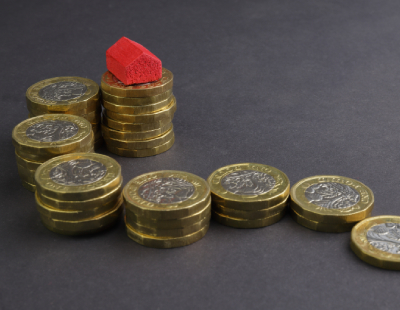
The UK has topped the rankings for the highest property taxes as a percentage of overall taxation in the developed world for the second year running.
Just as Chancellor Rishi Sunak appears to be resisting calls for an extension to the stamp duty holiday, and may be considering hiking capital gains tax in next spring’s Budget, so figures from the Organisation for Economic Co-Operation and Development show how heavily taxed the UK property sector is already.
Including both residential and commercial taxes, revenues to HM Treasury from property hit £90.6 billion during the financial year for 2019/20. This is up from £88.4 billion in the previous period.
And according to the OECD, the UK has seen the highest property taxes in six of the last 10 years.
The calculation is based on all resi and commercial property taxes – council tax receipts, business rates and stamp duty, plus the equivalent levies in Scotland and Wales.
The period under review includes only a short time during which estate agencies and other businesses in the UK were given a business rates holiday this year due to Coronavirus, and the figures do not cover the stamp duty holiday period.
Total overall tax revenues for 2019/20 rose to £731.1 billion in the UK, up £25.9 billion on the previous financial year, with property taxes in the UK accounting for 12.4 per cent of overall taxation – so almost exactly £1 in every £8 of all taxes collected.
Second place was the US with 12.1 per cent then Canada (11.6 per cent), South Korea (11.4 per cent) and Israel (10.1 per cent).
Meanwhile the financial services trade body, UK Finance, is the latest group to voice concern over what may happen to the housing market when the current stamp duty holiday ends on March 31.
Its latest Household Finance Review shows that house purchase lending recovered strongly in the third quarter of 2020, with some months seeing activity almost back to the levels seen a year ago.
It forecasts house purchasing to be strong in the first quarter of 2021 as buyers take advantage of the holiday.
However, beyond that point demand is likely to come under pressure, it adds.
